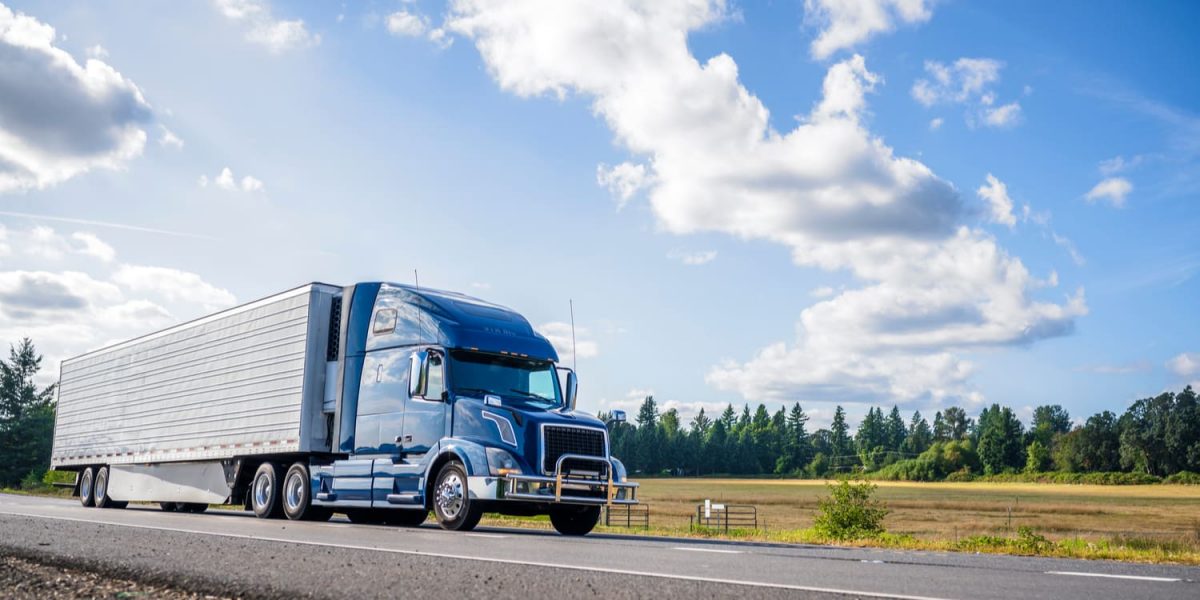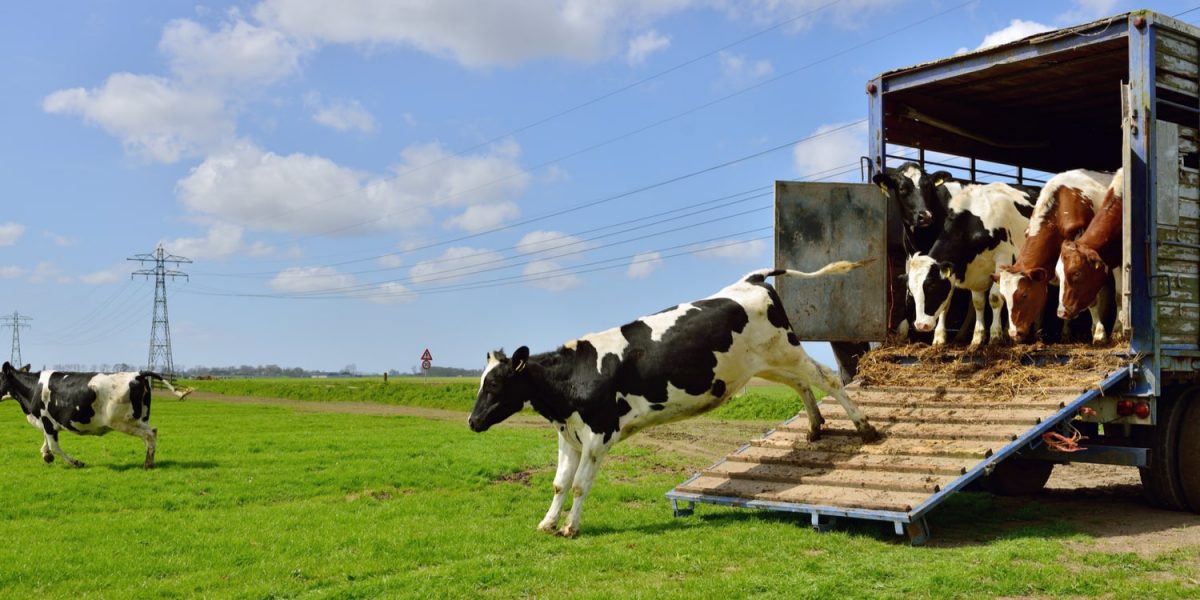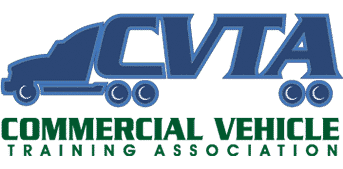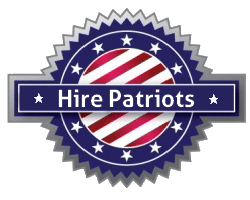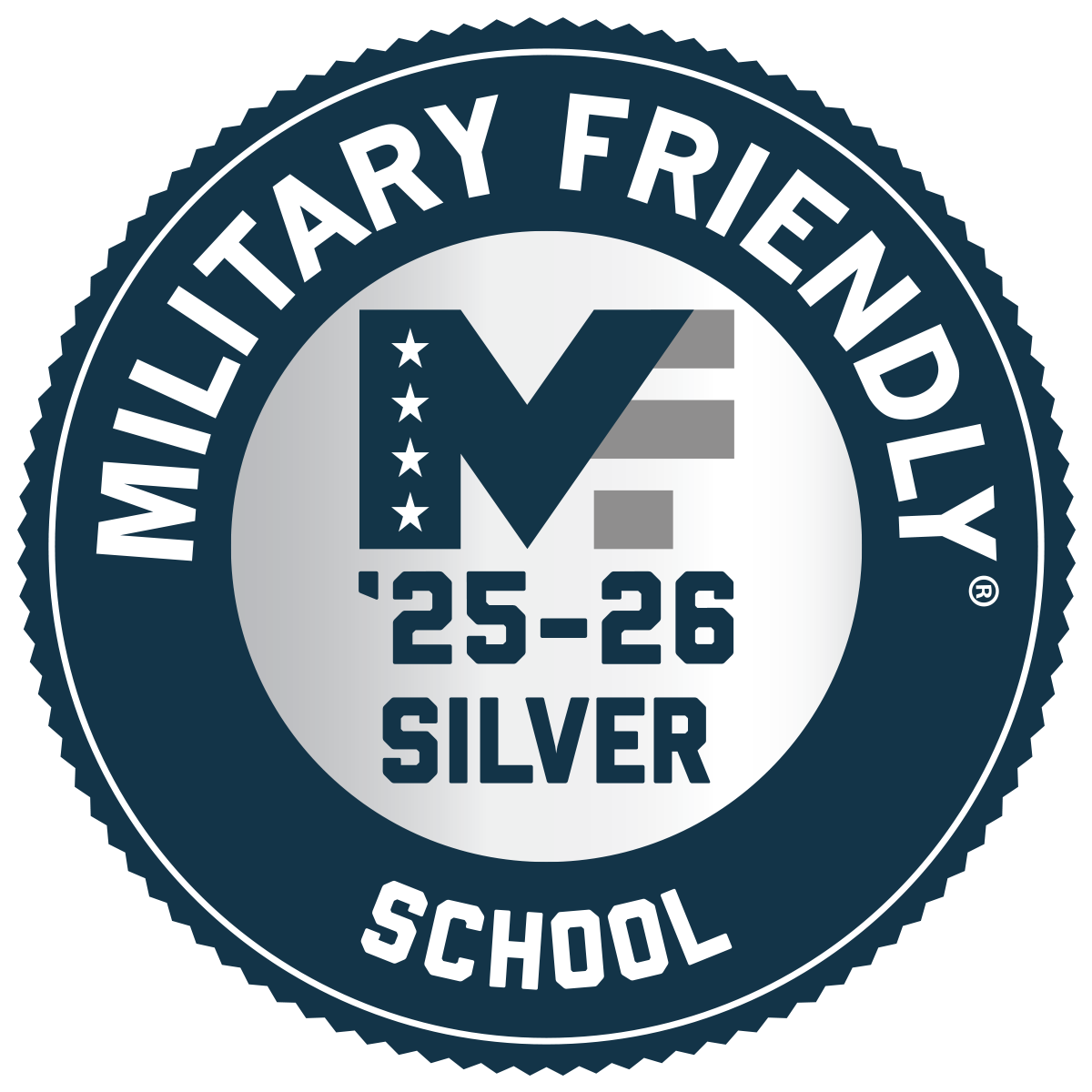Becoming a truck driver gives you the opportunity to earn competitive pay and see more of the country. However, operating such a large vehicle also comes with a great deal of responsibility. Safety should be your top priority at all times and it’s important to understand the key aspects of trucking safety before you even hit the road.
Here are some tips for safe semi-truck operation:
1. Maintain a Safe Speed
There is often a lot of pressure to deliver your freight as quickly as possible. Over time, you’ll learn how to plan your trips more effectively to do this while staying safe. One thing you should never do is speed to try to get to your destination more quickly. It doesn’t actually save you as much time as you’d think and, more importantly, it puts you and others on the road at risk.
Semi-trucks are significantly larger than the other vehicles on the road and already have a much longer stopping distance. When you increase your speed, you further increase this stopping distance. This means that by the time you see a hazard, it may already be too late to stop if you are speeding.
The safe speed for your truck will depend on the road conditions, so you may be driving unsafely even if you are under the posted speed limit. When in doubt, slow down. It’s better to take a little longer and get to your destination safely than to drive recklessly.
2. Never Drive Distracted
Driving requires you to pay attention to your surroundings and quickly respond to changing conditions. Anything that distracts you from this task is dangerous.
Texting is the most well-known example of distracted driving. Sending or reading a text takes your eyes off the road for an average of five seconds. If you are traveling at 55 mph, this is like driving the length of a football field with your eyes closed. As we mentioned above, semi-trucks already have a greater stopping distance, so the danger is even more significant.
Other distractions include eating, talking on the phone (even hands-free), and adjusting the settings on your radio. Avoid these behaviors and keep your focus on the road.
3. Take Care of Yourself
At first, the link between your health and your driving may not be clear. However, fatigue is a form of impairment. Driving while tired brings many of the same dangers and driving while intoxicated. While it can take some time to adjust to the lifestyle of an over-the-road (OTR) trucker, it’s important to take care of yourself. Get rest when you need it, eat healthily, and exercise when you can. All of these things help you stay energized and alert while driving.
4. Manage Your Stress
Getting stressed or impatient on the road can lead to unsafe driving behaviors. For example, you may back into a spot without getting out to look because you want to park more quickly or because you are worried others will judge you. Remember that safety is your number one goal and that it’s okay to take your time. Find strategies that help you stay calm and reduce your stress. If you notice that you are starting to rush, take a few deep breaths and focus on the task at hand.
Learn How to Be a Safe Trucker
At Phoenix Truck Driving Institute, we teach you the skills you need to be a successful and safe truck driver. We go over important rules for safe trucking. Our program can help you earn your commercial license in as little as four weeks and we offer job placement assistance.


